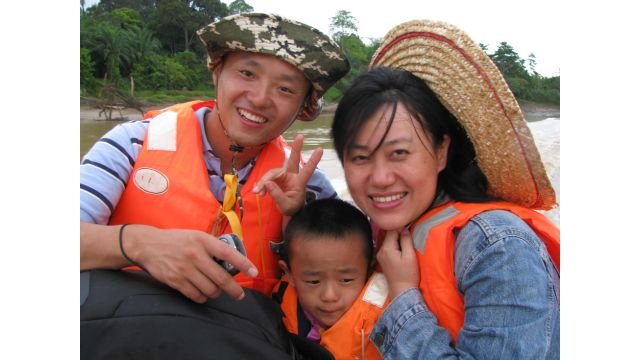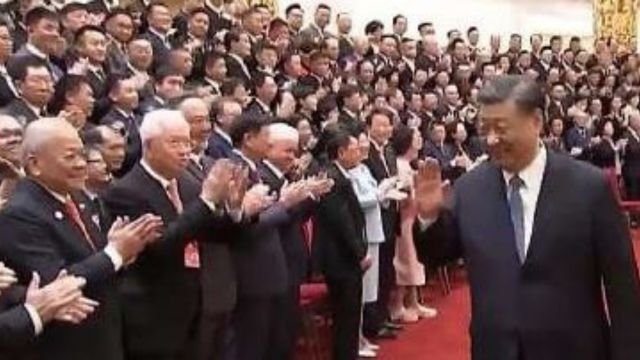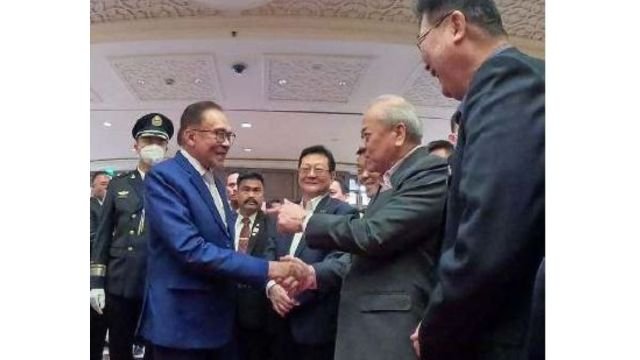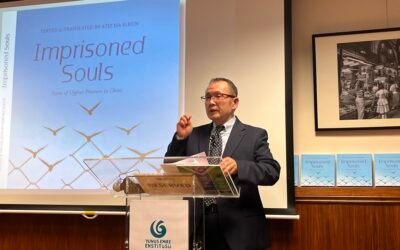A new report by Sinopsis shows the importance of China’s “soft power” campaigns to coopt the elites of other countries.
by Massimo Introvigne

Sinopsis is a scholarly project about China by the NGO AcaMedia z.ú., in collaboration with the Department of Sinology at Charles University in Prague. Dated January 11, 2025, its latest valuable report is on “CCP Subnational Influence in Malaysia: Co-opting Sabah’s Chinese Elite.”
Sabah is a state of Malaysia located in north-eastern Borneo. Ethnic Chinese amount to 7.3% of the population. Sabah’s Chinese elites, including business leaders, political advisors, and academics, have significant influence in politics, state institutions, and media. The report explains how coopting them and taking advantage of their credibility allows the Chinese Communist Party (CCP) to shape key policy debates and media narratives in Sabah and Malaysia.
Sabah, the report notes, is strategically important to the CCP due to its natural resources like palm oil and timber, and its location near the South China Sea. Additionally, Sabah’s influence in national elections allows its politicians and elites to shape political outcomes.
The CCP targets ethnic Chinese elites in Sabah to influence resources and strategic discussions on port development, the Belt and Road Initiative, Uyghur treatment in Xinjiang, and China’s presence in the South China Sea.
The report discusses the role of Goh Tian Chuan, the President of the Federation of Chinese Associations Sabah (FCAS, 沙巴中华大会堂) and notes his “recent appointments to high-level United Front organizations [which] signals his relevance to the CCP.”

CCP influence operations in Sabah, the report concludes, have been largely successful. The CCP has managed to sway politicians during political changes in Sabah and Malaysia. By partnering with key Sabah figures, the CCP keeps pro-Beijing narratives active in local politics and media, portraying China as economically beneficial and its military presence as harmless while downplaying potential risks of Chinese dominance and criticism of the human rights situation of the Uyghurs and others.
If unchecked, the report says, CCP influence over Sabah’s port development and technology decisions could impact the broader Bornean and Southeast Asian region.

The report’s analysis is important beyond the specific case of Sabah. The common practices of decontextualized CCP influence operations—granting titles to individuals, establishing organizations, maintaining personal contact, and organizing events—, the report notes, are often underestimated in terms of their effectiveness. Compared to other methods of power projection, such as formal diplomacy, state-linked investment, propaganda, and military connections, Beijing’s influence operations are cost-effective, low-risk, and efficient. Sabah is a case in point. But it is not the only case.

Massimo Introvigne (born June 14, 1955 in Rome) is an Italian sociologist of religions. He is the founder and managing director of the Center for Studies on New Religions (CESNUR), an international network of scholars who study new religious movements. Introvigne is the author of some 70 books and more than 100 articles in the field of sociology of religion. He was the main author of the Enciclopedia delle religioni in Italia (Encyclopedia of Religions in Italy). He is a member of the editorial board for the Interdisciplinary Journal of Research on Religion and of the executive board of University of California Press’ Nova Religio. From January 5 to December 31, 2011, he has served as the “Representative on combating racism, xenophobia and discrimination, with a special focus on discrimination against Christians and members of other religions” of the Organization for Security and Co-operation in Europe (OSCE). From 2012 to 2015 he served as chairperson of the Observatory of Religious Liberty, instituted by the Italian Ministry of Foreign Affairs in order to monitor problems of religious liberty on a worldwide scale.



